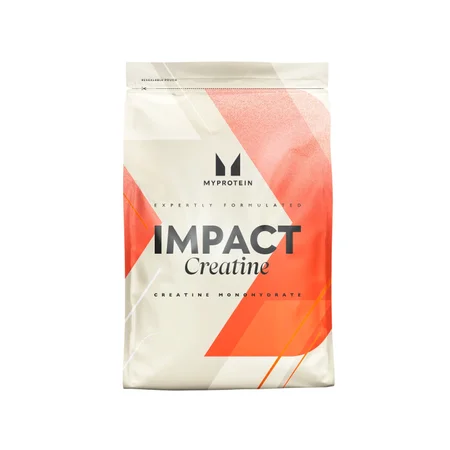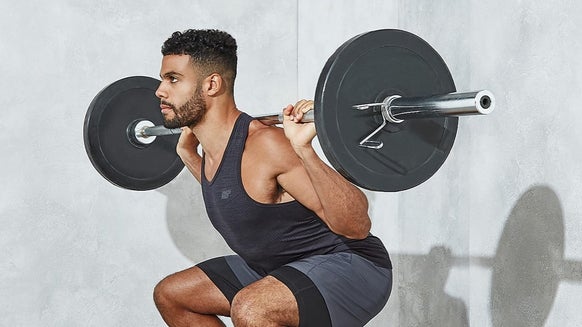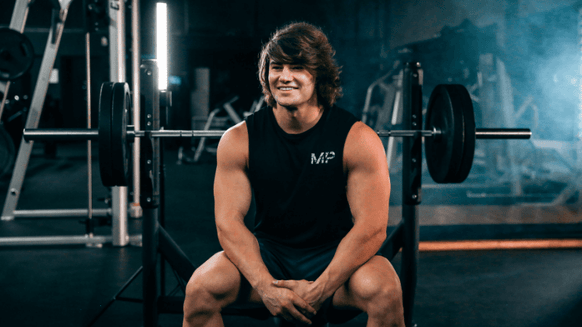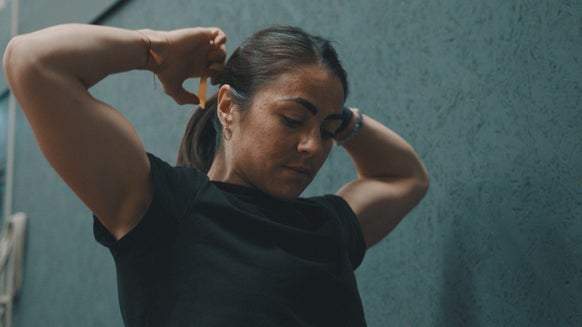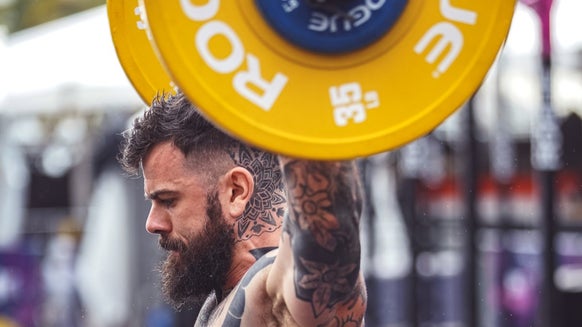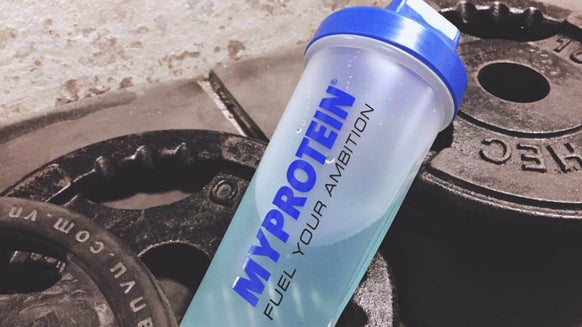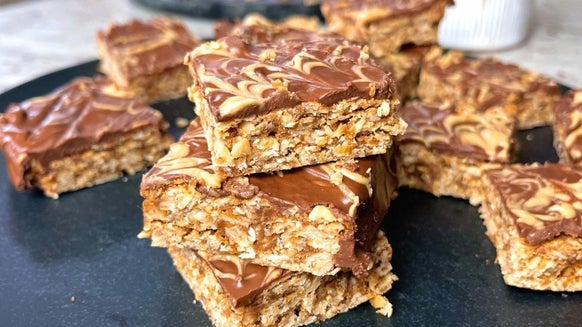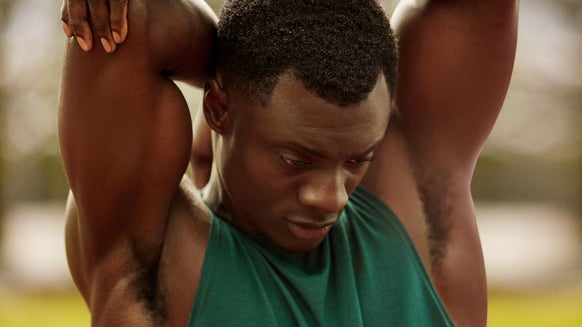How Combat Sports Nutrition Can Improve Your Performance
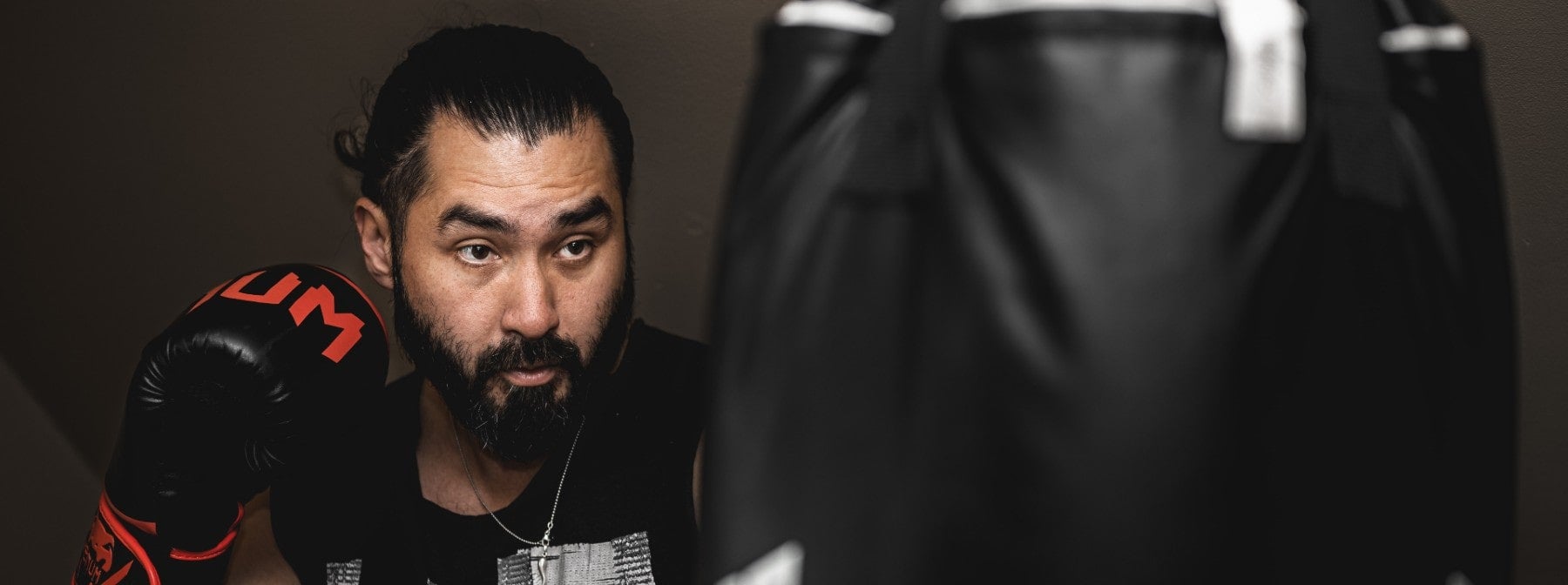
When you’re grappling with or blocking blows from an opponent, the last thing you want is to run out of energy.
Food is fuel, and it’s essential that combat sport athletes have a nutritious diet that allows them to perform at their peak and sustain performance throughout a fight.
From optimal body composition to well-timed acute weight loss strategies to “make weight”, nutrition plays a key role in the training of a combat sports athlete.
In this article we’ll discuss the diverse range of benefits nutrition can have for combat sports athletes and how these can be achieved.
Jump to:
Advice on how to improve nutrition
There are some core fundamentals for all athletes to focus on to optimize their nutrition. This isn’t just for performance and recovery but also for general health.
The first priority is developing a routine. Your routine is your “blueprint” for health and, without one, you’re more likely to have inadequate dietary intake. (1)
You want to develop a routine with a frequent intake of high-quality protein, complex carbohydrates, and healthy dietary fat sources. Adhering to a traditional meal pattern of breakfast, lunch, and dinner may not be best strategy for athletes wanting to support performance and recovery, given the influence nutrition timing can have on progress and recovery (e.g., protein distribution and optimal muscle protein synthesis). (2)
Generally speaking, combat sports athletes want plenty of carbs to fuel their training, in addition to plenty of protein and healthy fats. (3) Athletes should also consume plenty of plant-based foods and whole grains for a healthy fiber intake as well as plenty of water to stay properly hydrated. (4)

How combat sports nutrition can improve your performance
While nutrition plays a key role in the health and recovery of combat sports athletes, it can also have a significant impact on performance.
Here are some practical nutrition tips to take on board in and around training to help take your performance to a whole new level.
Tip one - Prioritize your protein
When it comes to performance, there are few diet-related factors as important as your protein intake.
Consuming enough protein is critically important for muscle repair and adaptation.5 This allows your muscles to respond to training so you can get stronger and perform better.
Athletes should aim to consume between 1.4-2g of protein per kg of body weight a day for optimal recovery and performance.5 To optimize muscle protein synthesis, it's recommended that you evenly distribute protein across meals eaten every three to four hours.
Having a high-quality source of protein before or after training can help improve recovery and fuel adaptation. (5) Whey protein (or a vegan alternative) powder would be a perfect choice here as it's easily digestible and is absorbed more quickly than other protein sources. (6) Greek yogurt, plain cow’s milk, or lean meat in a wrap or bagel are all good high-quality protein sources.
Vegans and plant-based eaters should consider combining multiple plant-based protein sources. Plant sources of protein are sometimes described as “low-quality”, simply because they tend to lack all of the essential amino acids. By combining multiple sources, you can solve this issue.
A meal of beans and rice would be one example, and options like tofu and other soy-based products are considered complete proteins, so are great after a workout.
Tip 2 - Carb up to compete
Carbs are your best friend when it comes to feeling fueled and ready to fight. They are the body’s primary source of energy, and precise carb timing can make a big difference in your performance.
For example, a smaller meal of mostly readily available carbohydrates (such as a banana, dried fruit, or sweets) within 60 minutes of exercise may help improve performance, delay fatigue, and enhance alertness, all key factors in combat sports success. (2)
Tip 3 - Hydrate to dominate
Hydration is the process of replenishing the body's fluids. These fluids help to transport nutrients around the body, regulate body temperature, and protect our organs. When we are dehydrated, our bodies cannot function as well as they should. We may experience headaches, dizziness, fatigue, and muscle cramps. (7)
For athletes, hydration is essential for peak performance. In combat sports, it’s arguably even more important given the intensity of bouts, where there is little opportunity to replenish lost fluids.
Therefore, you need to stay on top of hydration. One simple way of monitoring your hydration status is through urine color. Your urine should ideally be clear to straw yellow in color. If it’s darker than that, you need to increase your fluid intake.
A practical recommendation is to aim for 300-500ml per hour. Double this during exercise and consume even more during intense exercise and in hot weather.
While it's important to drink plenty of fluids throughout the day to stay properly hydrated, you’ll also need to consume enough electrolytes.
Electrolytes are minerals that help conduct electricity in the body and are essential for proper hydration. They also play a role in muscle contraction and nerve function. That’s why electrolytes are so important for athletes, who lose them through sweat during exercise.
Common electrolytes include sodium, potassium, magnesium, and calcium. You can supplement with electrolytes or get electrolytes from fluids like sports drinks or coconut water, or from foods like bananas, sweet potatoes, spinach, and avocados.
Tip 4 - Supplements for success
Supplementation can provide that extra few percent needed to come out on top in a close match.
There are a few key supplements that have been shown to help combat sports athletes across various key areas.
Creatine
Creatine monohydrate is the first supplement to highlight. Creatine monohydrate acts as an energy “recycler”. It recycles the body’s unit of energy, ATP, which is broken down to produce energy at a much higher rate during exercise. Creatine supplementation has been shown to improve performance, increase lean body mass, and improve recovery. (7)
It takes a while for creatine to have an effect on performance, as you must first saturate your body’s creatine stores. To do this, we’d recommend adhering to one of the following two loading methods:
20g per day (split into two 10g servings) for first 10 days
4-6g per day in one serving (post-workout preferably but not essential) afterwards to maintain creatine stores
5-6g per day every day
It may be worth mixing creatine with diluting juice or other flavored drink, as it doesn’t have any flavor and may not be particularly pleasant on its own.
Interested in creatine? Read this:
Omega-3
Cognitive health is also important for combat sports athletes, so supplementing with an omega-3 fatty acid and increasing dietary intake of omega-3 fats is advised. (8)
Try adding these foods into your diet:
Beta-Alanine
The next supplement combat sports athletes should consider is beta-alanine. Beta-alanine acts as a buffering agent of the by-products of lactic acid breakdown (lactic acid accumulates the longer we exercise) which may allow you to perform more reps. (9)
This would benefit a combat sports athlete who needs to perform repetitive explosive movements quickly. That one extra punch or being able to wriggle out of a grapple for just that moment longer may be what’s needed for victory.
Take 3g beta-alanine before training and 3g after training for best results. However, you might want to start with 1.5g either side of training as you may not be used to the tingling sensation it can give. Taking it with diluting juice can also help make it more palatable, as it can be quite bitter.
Caffeine
The other supplement worth mentioning is caffeine (which you could argue isn’t really a supplement).
Studies show that caffeine ingestion 60 minutes before training may help improve power, strength, and upper arm muscular endurance. (3) 3-6 mg per kg of body weight is recommended for performance benefits. (3)
While a strong black coffee is a more than good enough choice, a pre-workout supplement containing caffeine has the added benefit of including various other ingredients good for athletic performance and recovery.
Why is nutrition important for combat sports?
The role of nutrition in the performance and health of combat sports athletes cannot be understated.
From general health to optimizing performance and recovery to supporting body composition and weight management, carefully catered nutrition can be the deciding factor when two combat sports athletes go head-to-head.
Nutrition can also be manipulated to help combat sports athletes achieve their required weigh-in measurements too. Carbohydrates, food volume, sodium, and water manipulation are all practical tactics to ensure an athlete makes the necessary weight.
Take home message
As combat sports continue to rise in popularity, they become more competitive. The level of athletes improves, and the margins for error get smaller.
Optimizing your nutrition program and employing sports-specific nutrition strategies can give you the edge over your opponent. Nutrient intake, nutrient timing, and supplementation should all be prioritized for peak performance.
Working with a professional nutrition coach or team can help you introduce and improve these strategies so that the next time you find yourself face to face with your opponent in the ring, cage, or mat, you’ll be the one standing with your arm raised at the end of the fight.
Want to learn more?
READ THESE NEXT:
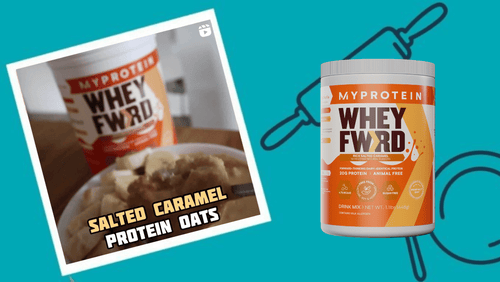
Salted Caramel Protein Oats Recipe | Whey Forward
A declicious way to add Whey Forward to your routine.
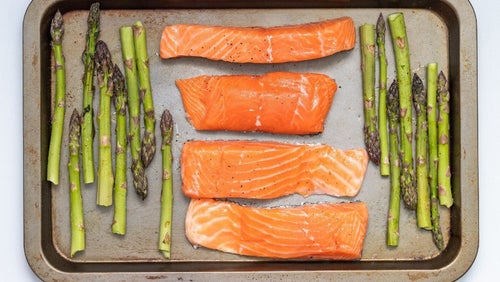
16 Foods High In Omega 3
Who knew black walnuts and navy beans were a thing?

- Ducrot, P., Méjean, C., Aroumougame, V. et al (2017). Meal planning is associated with food variety, diet quality and body weight status in a large sample of French adults. Int J Behav Nutr Phys Act 14, 12. https://doi.org/10.1186/s12966-017-0461-7
- Kerksick, C.M., Arent, S., Schoenfeld, B.J. et al. (2017). International society of sports nutrition position stand: nutrient timing. J Int Soc Sports Nutr 14, 33 https://doi.org/10.1186/s12970-017-0189-4
- Januszko, P., & Lange, E. (2021). Nutrition, supplementation and weight reduction in combat sports: a review. AIMS public health, 8(3), 485–498. https://doi.org/10.3934/publichealth.2021038
- Beck, K. L., Thomson, J. S., Swift, R. J., & von Hurst, P. R. (2015). Role of nutrition in performance enhancement and postexercise recovery. Open access journal of sports medicine, 6, 259–267. https://doi.org/10.2147/OAJSM.S33605
- Jäger, R., Kerksick, C.M., Campbell, B.I. et al. International Society of Sports Nutrition Position Stand: protein and exercise. J Int Soc Sports Nutr 14, 20 (2017). https://doi.org/10.1186/s12970-017-0177-8
- Hoffman, J. R., & Falvo, M. J. (2004). Protein – Which is Best?. Journal of sports science & medicine, 3(3), 118–130.
- Kreider, R.B., Kalman, D.S., Antonio, J. et al. International Society of Sports Nutrition position stand: safety and efficacy of creatine supplementation in exercise, sport, and medicine. J Int Soc Sports Nutr 14, 18 (2017). https://doi.org/10.1186/s12970-017-0173-z
- Heileson, J. L., Anzalone, A. J., Carbuhn, A. F., Askow, A. T., Stone, J. D., Turner, S. M., Hillyer, L. M., Ma, D., Luedke, J. A., Jagim, A. R., & Oliver, J. M. (2021). The effect of omega-3 fatty acids on a biomarker of head trauma in NCAA football athletes: a multi-site, non-randomized study. Journal of the International Society of Sports Nutrition, 18(1), 65. https://doi.org/10.1186/s12970-021-00461-1
- Trexler, E.T., Smith-Ryan, A.E., Stout, J.R. et al. International society of sports nutrition position stand: Beta-Alanine. J Int Soc Sports Nutr 12, 30 (2015). https://doi.org/10.1186/s12970-015-0090-y

